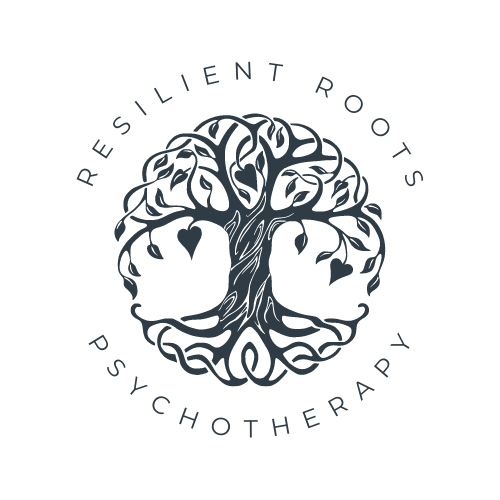Coping With Grief During the Holidays
The holidays are a time for joy and celebration. Unfortunately, many of us are also dealing with the loss of a loved one at this time. Grieving over the holidays can feel overwhelming and difficult to handle, whether it is for the death of a parent, friend, spouse or child, or coping with the end of a relationship/marriage. Traditionally a season of togetherness can become a painful reminder of who you are missing.
Continue reading for guidance on coping with grief during the holidays.
Take care of yourself.
Even if it may not seem like it at first, taking care of yourself is one of the most important things you can do. This goes beyond simply getting more sleep or improving your diet (though both are great ideas). The most important thing is engaging in activities that feel good to you, however that looks for you: talking out your feelings with close friends, enjoying a relaxing massage or bath, spending some quality time with your pets—whatever makes sense for your circumstances and level of comfort. And speaking of sleep, make sure to get plenty of rest. Lack of sleep can exacerbate depression symptoms during this time period by increasing activity in brain regions related to sadness.
Allow yourself to feel your emotions.
Seeing others celebrate happily during the holidays can feel like a punch to the gut when you’re missing someone. It’s important to allow yourself time and space to process your grief. When you are dealing with the loss of someone you love, it is okay to feel sad, angry, and confused. You may also feel anxious or overwhelmed. It is important to try not to control your emotions or push them away. This can make it more difficult for you to cope with your grief in a healthy way. Instead, try acknowledging these feelings by recognizing that they are normal reactions to loss and allow yourself time each day to focus on feeling them without judgment. Writing in a journal about the loss and the accompanying grief can be especially beneficial because it allows you to mindfully express your thoughts and feelings without suppressing or avoiding them.
Spend time with loved ones.
It's important to remember that holidays are a time for family and friends, and you should spend as much time with them as you feel comfortable with. Don’t be afraid to remind loved ones that the holiday season can be especially difficult for you so they can give you extra love and support.
Honor your loved ones.
Remember that some of the ways you can honor your loved one's memory during this time are also ways to connect with other family members and friends who may be mourning. Acknowledging the loss can serve as a reminder that while they are no longer with you, they are not forgotten. Honor your loved one by lighting a candle. You may also consider setting a place at the table where they used to sit or making their favorite dish in remembrance of them. Take a moment of silence before a meal to speak about your favorite memories with them.
If there are old traditions that were important to your loved ones, try to revive those practices as a tribute to the love and joy they brought you and others. Don't feel pressured to do everything exactly as it was done before—find ways that work for you now.
Get support from a therapist.
Keep in mind that there is no right or wrong way to celebrate the holidays after experiencing loss. It takes time to grieve someone you love. If your holiday season brings up many difficult emotions, it may be time to talk to a therapist. A therapist will give you a safe space to voice and process your loss and teach you healthy coping skills as you adjust to a new normal.
If you are struggling with grief this holiday season and need a safe space to process how this has affected you, contact me today to schedule your first therapy session.

